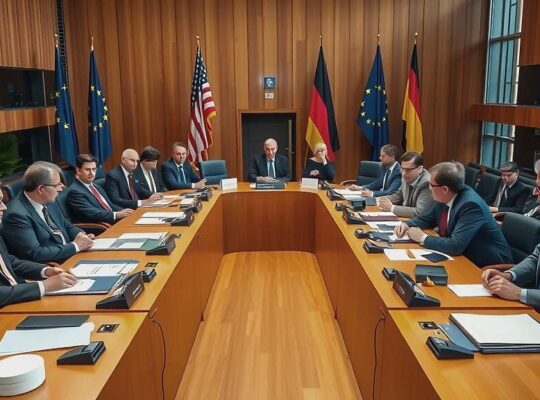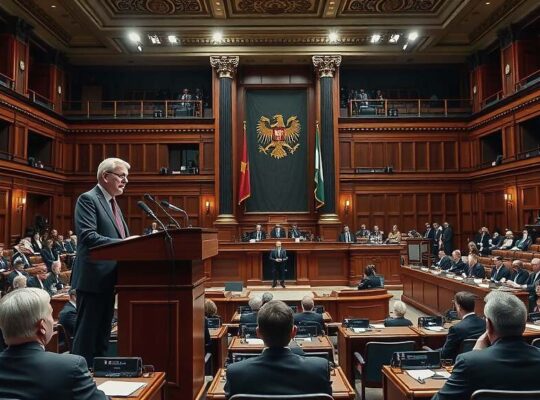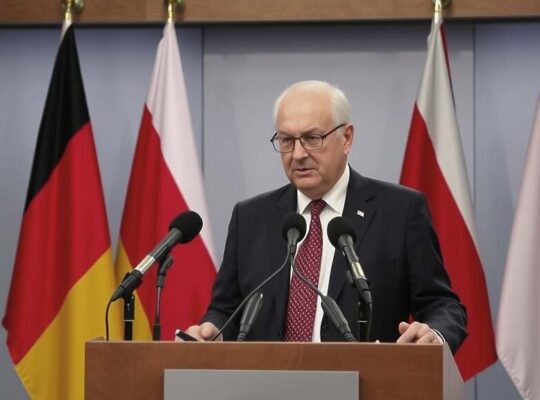The German government’s planned relief cabinet meeting, slated for next Wednesday, is reportedly gaining momentum with a flurry of proposed bureaucratic reforms spearheaded by Digital Minister Karsten Wildberger. Sources within the Digitalization Ministry have indicated a “significant” number of suggestions – encompassing a wide range of policy areas – have been submitted by other ministries in response to Wildberger’s recent call for concrete deregulation measures.
The stated ambition is to prioritize readily implementable actions for immediate advancement during the cabinet session. These include streamlining regulatory standards, reducing reporting obligations across various sectors and accelerating digitalization initiatives. While details remain scarce, the emphasis signifies a potential shift towards a more agile and less cumbersome governance structure.
However, the initiative faces scrutiny. Critics point to the symbolic nature of the meeting, where the sole agenda is abolishing existing regulations and halting the introduction of new legislation. This “de-regulation day” has been viewed by some as a superficial attempt to address deeply entrenched bureaucratic inertia. Whether the proposed measures will constitute a genuinely transformative reduction in red tape, or merely offer a temporary reprieve, remains to be seen.
Furthermore, the absence of a comprehensive, long-term strategy beyond next Wednesday’s meeting raises questions about the sustainability and wider impact of the envisioned changes. The focus on “quick wins” risks overlooking the complexities underlying bureaucratic processes and the potential for unintended consequences that often accompany rapid deregulation. The ministry’s promise of a “binding roadmap” for subsequent steps is currently vague and requires more detailed clarification.
The success of Minister Wildberger’s initiative will ultimately depend on demonstrating a tangible and lasting impact on the efficiency and responsiveness of the German government, rather than simply presenting a performative gesture of bureaucratic reform.












